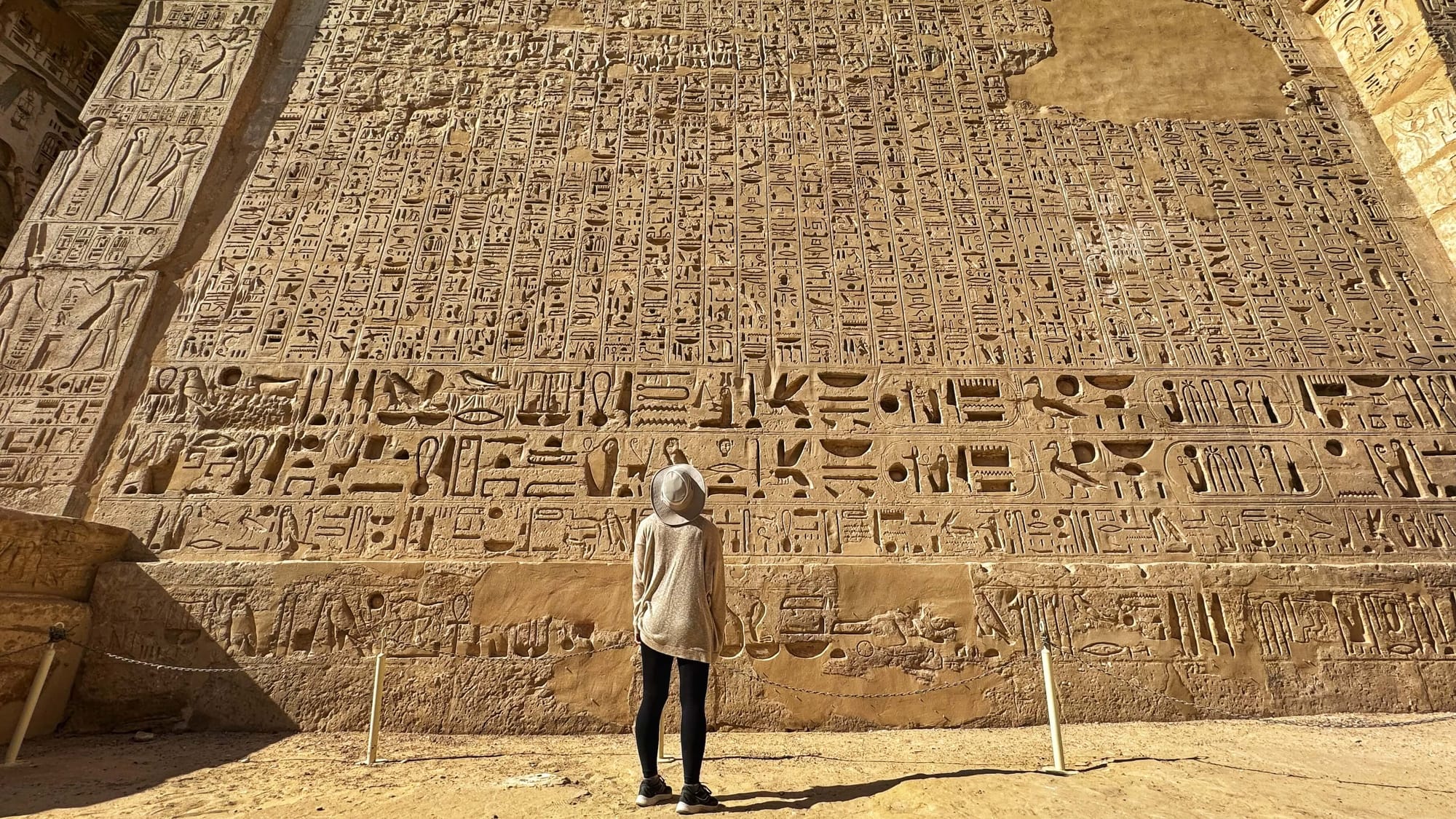Last week, I wrote about the profound impact that witnessing Uganda's wild gorillas had on me. I want to dive a bit deeper into a thought I conjured, as it sparked in me a series of questions and reflections this week on the meaning of my own life.
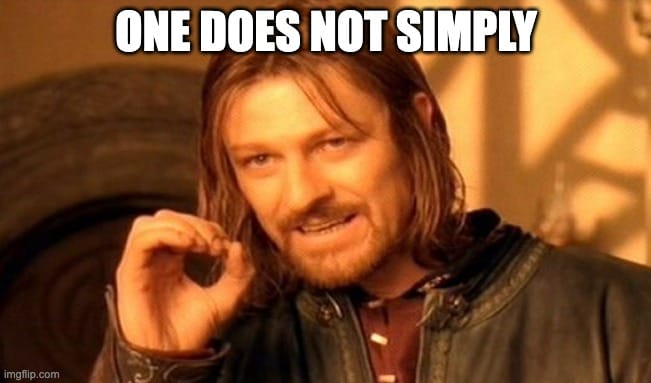
"We are all here living with the land, trying to survive, to live long enough to usher the next beings through the cycle of life," I wrote. "Everything else that humans have created is a distraction from that core truth."
Before humans evolved to have thought, concepts, and choice, the purpose of life was to live, and to usher into the world new life so they might do the same.
So the question: For those of us who are childless, what is our responsibility to life?
Without children to usher forward, what becomes our role in the grand scheme of existence?
At first, I questioned the question, going down the rabbit hole of whether not having children – and the ability to make the choice – was counterintuitive to life. Is there an innate need to care for another life? (Is this why people get dogs?)
The internet had an answer: no, dogs are the cure to loneliness – not life purpose. Domesticated pets as companions and not farm labor grew in popularity as house help disappeared. People got lonely without the built-in companionship that came with having other people around – even if they were paid to be there.
Next I considered the Bible: Adam and Eve's responsibility was to care for the animals that God had created. Then again, perhaps the authors of the Bible weren't worried so much about giving purpose to questioning minds as they were about self-preservation. Reminding people to care for the habitat that in turn provided what they needed to survive. (We seem to have forgotten this one...)
It is impossible to answer the question without spirituality, which is funny, because spirituality is another concept just like "What is the purpose of my life?" and together they create a bit of a chicken and egg problem. Do the questions that spirituality provokes lead to seeking purpose in life? Or does questioning life's purpose lead to seeking answers from spirituality?
Let's consider a few spiritual perspectives on life and how they guide us to meaning:
If we believe that we did not ask to come here, we owe nothing to the experience. Our parents decided to bring us into this world, and we accept this fate with faith, resignation, or a mix of both. Life becomes a playground or a prison, and lest you judge one point of view as pessimistic, juxtapose what it says about death: an alarm bell signaling "recess is over" – or the keys to freedom.
If we believe that we were divinely intended, then there is a natural moral obligation to leave the space a little better than we found it. The phrase "let go and let God" comes to mind here too, as does the debate of determinism vs. free will. We were born into our circumstances to be of service to some greater purpose, "merely players" on the stage of life where the sum of the parts becomes something meaningful beyond our knowledge and control.
If we believe that we chose to come here, then the question of legacy rises to the forefront of the experience, more than for those with children, for it demands of us what we will create and leave behind, if not genetic material. Our lives are a quest to discover our purpose, and offer it as a contribution to the rest of humanity. We may live in fear that we won't succeed, driven by the need to "make something of ourselves," and we develop a tunnel vision view of life that ignores the fact that we are one life living amongst other lives and our very existence might impact them in meaningful ways.
1. To be present in it.
2. To honor it.
3. To contribute to it.
No matter how we choose to view our life and its purpose, there is a core truth that echoes through all of these perspectives: there is only so much of our life that is within our control. One thing that is, is how we choose to live it.
We overcomplicate life with thoughts like "What is the meaning of my life?" Does the lioness ask this question as she tears into the zebra? Does the gorilla ask this question as she holds her baby against her chest? Does the owl ask this question when he calls, "who?"
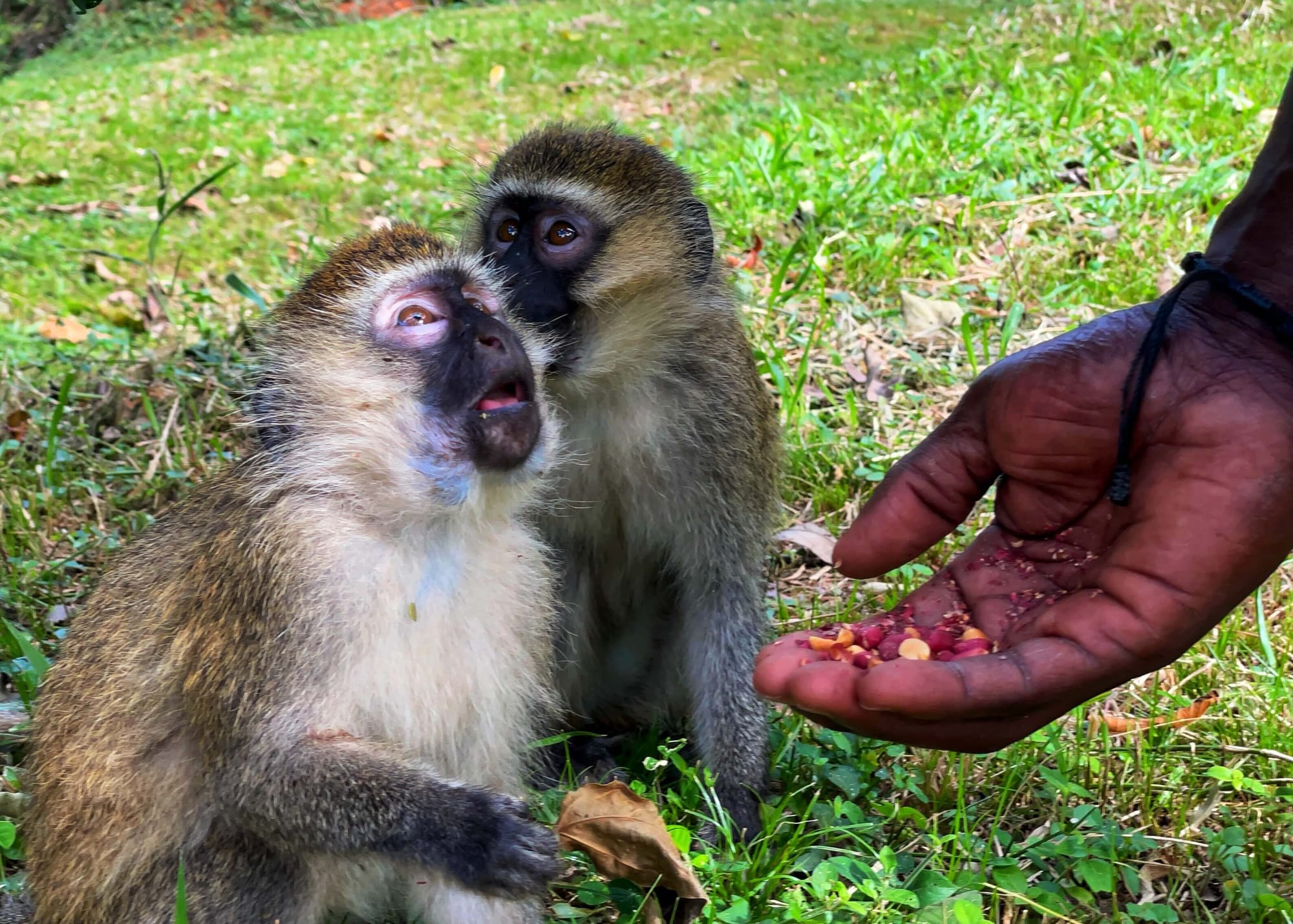
Only humans preoccupy their minds with "What is the meaning of life?" because only humans developed language to represent concepts – and figured out how to autopilot survival enough to create time for such thoughts. If we were busy hunting and killing our food we would not have time to sit around and wonder about life's purpose.
Do we demand that the orange has meaning? Life only has to have meaning because we demand it of the experience.
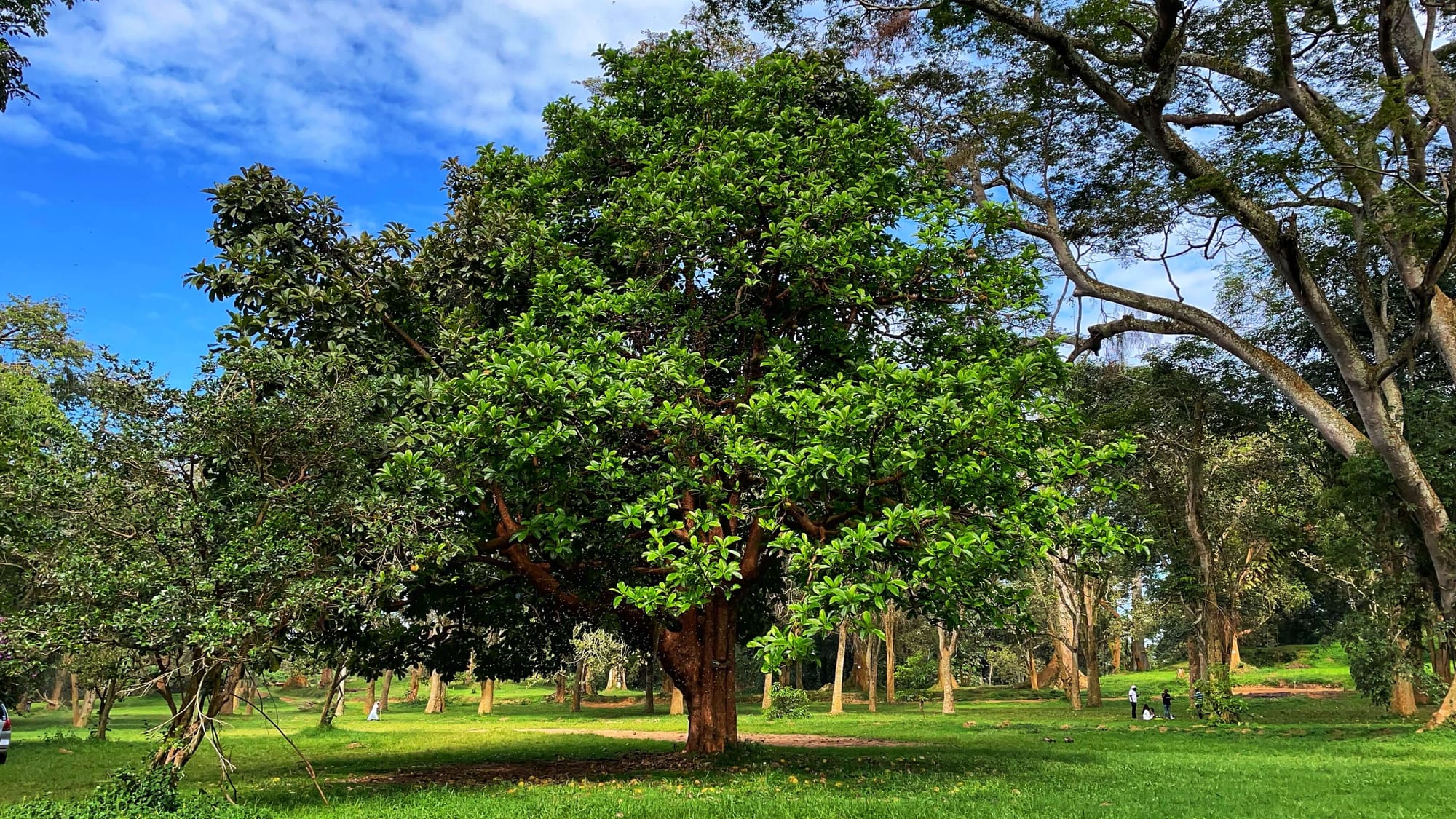
Now, perhaps at some point a human looked at a tree and said, "This tree creates oxygen so that I can breathe. What am I creating in return?" The tree has purpose, so must I. What is my purpose?
Preoccupied with this question of purpose, we miss the answers contained in the observation itself. The tree did not travel the world seeking its purpose. The tree exists; its existence is purposeful. So, too, by simply living we contribute to the ecosystem.
The life purpose of everything on the planet is to contribute to life.
The only sure path to fulfilling our life's purpose is to live it.
That is our responsibility to life.
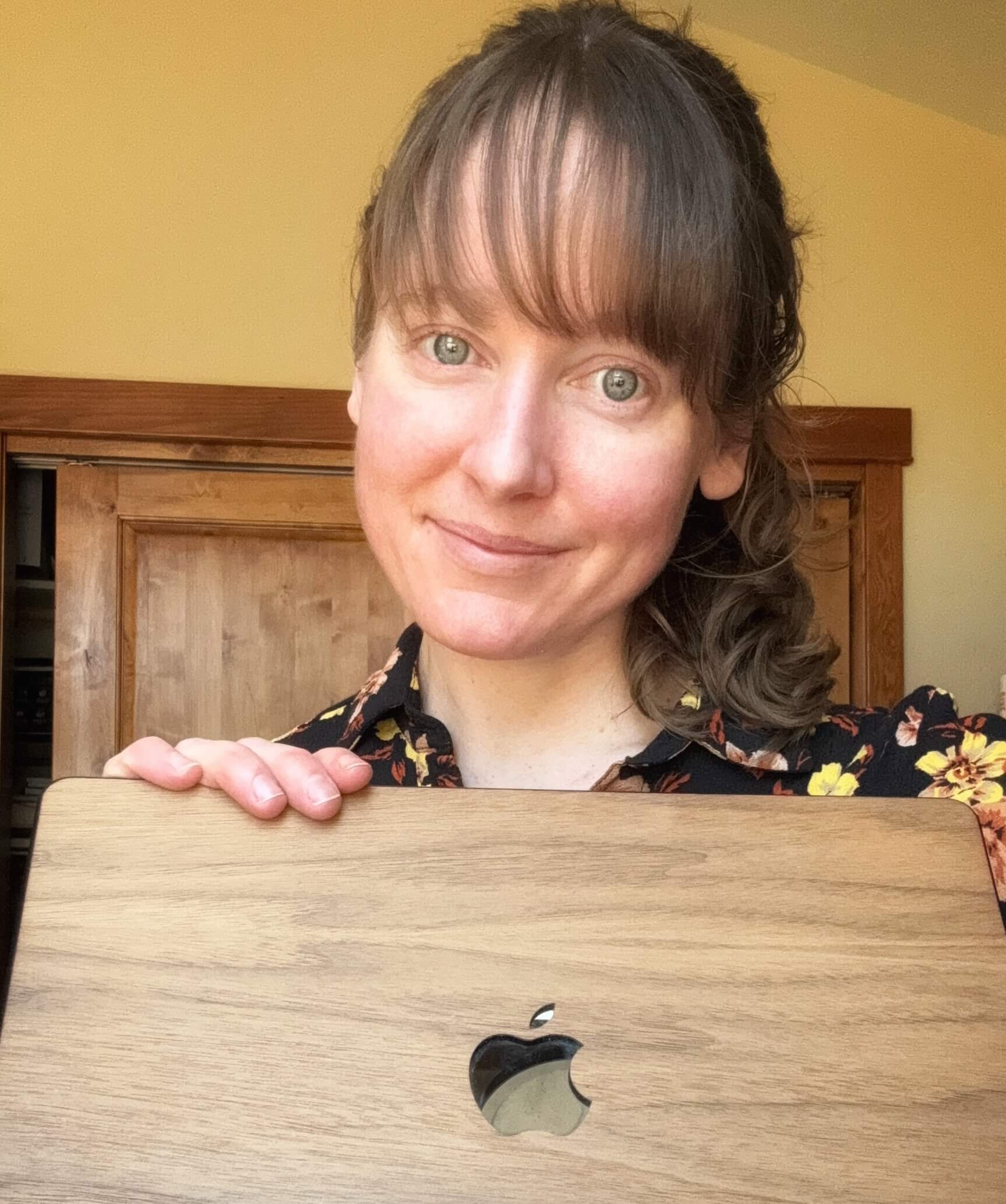
Your support will help me keep writing.
I love writing this newsletter to you each week. If this newsletter brings you as much joy as it brings me, please consider making a one-time contribution. Your financial support will help me continue writing it to you. Any amount is appreciated!

